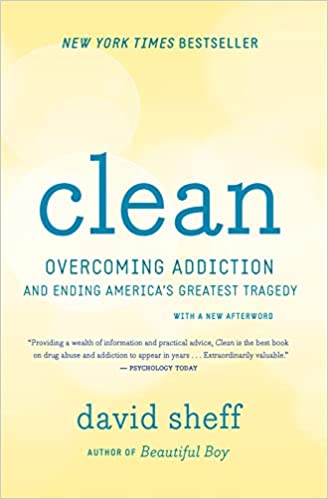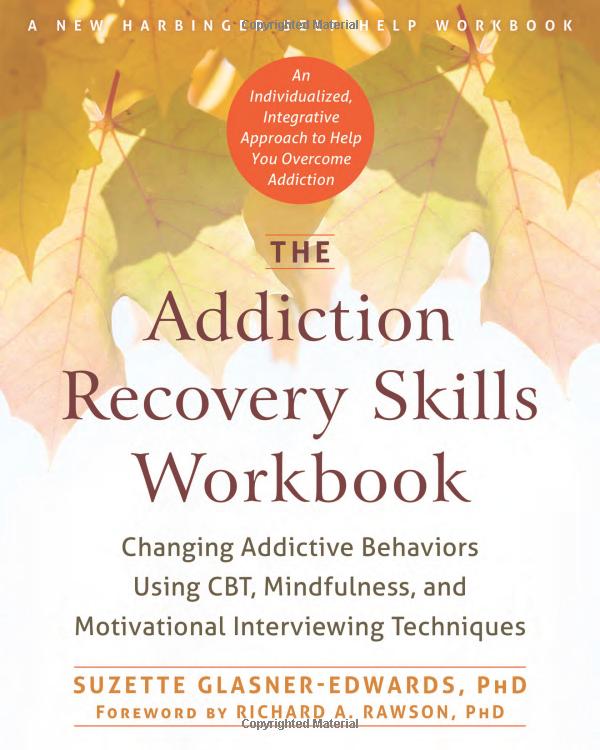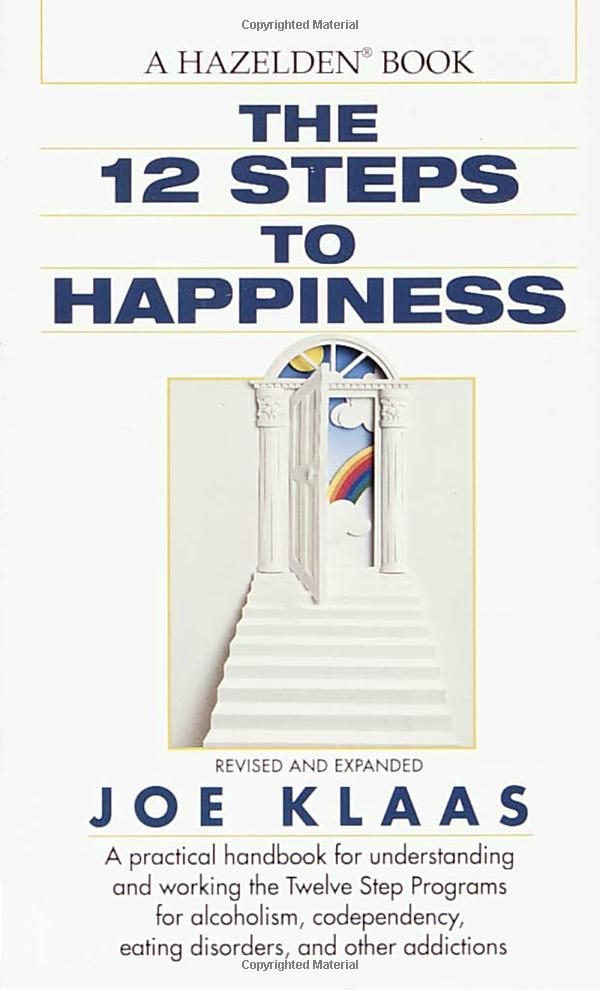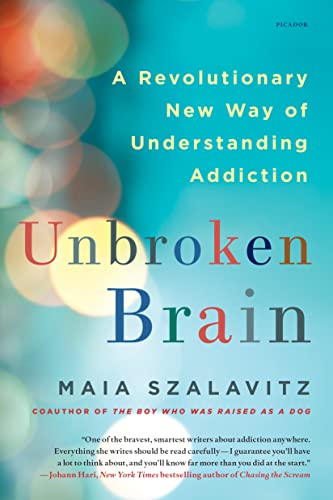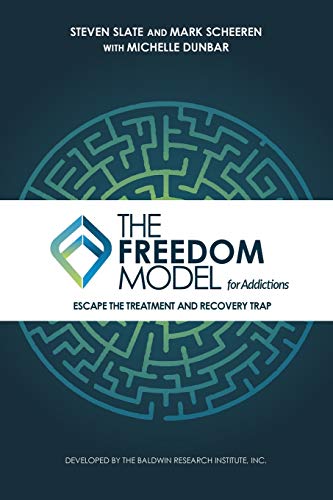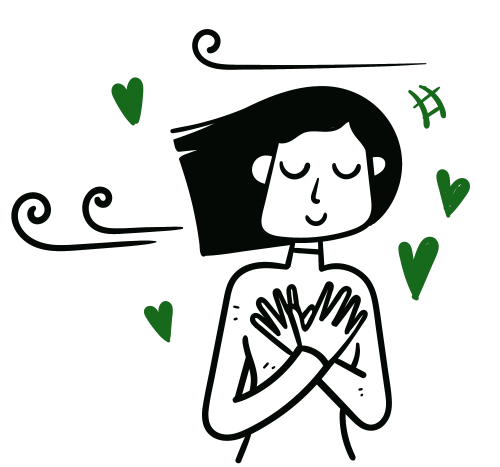 I feel obligated to point out that going through addiction treatment with the assistance of trained professionals is frequently the most successful way to get sober. Nevertheless, here are other possibilities to take into consideration if you are not willing or able to go to a formal inpatient rehab center. To borrow a catchphrase often touted in anonymous meetings and conversation “start somwhere, start anywhere, but start” it doesn’t actually matter how one starts the journey of personal recovery the point is to start moving in a right direction.
I feel obligated to point out that going through addiction treatment with the assistance of trained professionals is frequently the most successful way to get sober. Nevertheless, here are other possibilities to take into consideration if you are not willing or able to go to a formal inpatient rehab center. To borrow a catchphrase often touted in anonymous meetings and conversation “start somwhere, start anywhere, but start” it doesn’t actually matter how one starts the journey of personal recovery the point is to start moving in a right direction.
Of no particular order or priority.
Attend a self-help group such as Alcoholics Anonymous (AA), Narcotics Anonymous (NA), or SMART Recovery
These are just a few examples of self-help groups. These groups offer support and direction by holding regular meetings at which participants have the opportunity to connect with others who are experiencing struggles that are analogous to their own. Many groups are available now online and over skype and Google meeting platforms. Online meetings can also be a great way to add to traditional therapy and give extra support in between sessions. Also, going to online meetings can help people find support outside of their immediate area and make connections with people who have had similar experiences and struggles. Going to SMART Recovery online support groups can be a helpful part of getting over an addiction and can help people build a strong base for long-term sobriety.
Outpatient treatment
If you prefer to continue working and living at home while undergoing treatment, you may want to investigate the availability of outpatient programmes that offer individual and group therapy, medication management, and other types of support. Virtually every rehab has an outpatient program that you are able to join.
Online therapy
From the convenience of your own home, you can use online therapy services to establish a connection with a qualified licenced therapist who specialises in the treatment of addiction.
Medication-assisted treatment
Investigate the possibility of receiving medication-assisted treatment with medications like methadone, buprenorphine, or naltrexone, which can assist in the management of withdrawal symptoms and cravings.
Holistic therapies
If you’re looking for a way to relax and de-stress, try one of the holistic therapies out there, such as yoga, meditation, acupuncture, or massage.
You can help improve your mood, reduce stress, and provide a healthy outlet for energy by engaging in regular physical activity, which should be incorporated into your daily routine.
Diet and nutrition
Make it a priority to eat a nutritious, well-rounded diet that is rich in all of the essential vitamins, minerals, and nutrients. We created a complete guide to nutrition required for people in recovery.
Art therapy
Give some thought to participating in art therapy, which can assist you in reducing stress and fostering emotional healing, as well as helping you express yourself creatively.
Nature Therapy
Spending time in nature is called nature therapy, ecotherapy, or green therapy, and it is used as a form of holistic treatment for substance abuse disorders. Exposure to natural elements can be just as important for mental, emotional, and spiritual health as the environment. This is why the field of nature therapy exists.
Lean on your support network of family and friends for encouragement, understanding, and accountability. Your support network should consist of family and friends.
Spiritual practises
If you’re looking for a sense of purpose and meaning in your life, you might want to think about incorporating some spiritual practises into your routine, such as praying, meditating, or attending religious services.
Cognitive-behavioral therapy
CBT is a form of therapy that focuses on changing negative thought patterns and behaviours that are associated with addiction. CBT is an abbreviation for cognitive behavioural therapy.
Dialectical behaviour therapy
The acronym DBT stands for dialectical behaviour therapy, which is a form of talk therapy that aims to assist people in better managing their stress and emotions.
Mindfulness
Mindfulness practises, such as meditation and breathing exercises, can assist in the management of stress, cravings, and negative emotions.
Books and podcasts on self-help
There are a lot of books and podcasts on self-help available, and many of them provide information, guidance, and motivation for recovering from addiction. We have a long list of audio books that are a brilliant base for anyone wanting to undertand more on how to live free from addictions.
Life coaching
The process of life coaching is a cooperative one in which the coach and client work closely together to devise an individualised strategy for the client’s rehabilitation. A life coach can assist individuals in overcoming addiction and building a life that is fulfilling while in recovery by offering support, guidance, and accountability to their clients.
Recovery coaching
Recovery coaches for recovery are trained professionals who work with individuals battling addiction. Throughout the recovery process, they are responsible for providing support, direction, and accountability. Many recovery coaches also work as independent contractors and many recovery coaches also host online recovery coaching support services.
Animal therapy
Animal-assisted therapy is a form of psychotherapy in which patients receive emotional support from animals while also experiencing relaxation and a reduction in stress. Animals have been shown to make people feel less stressed, anxious, and depressed and more happy and relaxed. This can be especially helpful for people who are struggling with addiction. Animal therapy can also help people develop a sense of responsibility, empathy, and trust, which are all important for a successful recovery. Animals like dogs, horses, and even dolphins have been used in addiction treatment programmes, and studies have shown that they can help improve treatment outcomes, lower relapse rates, and improve the overall quality of life for people in recovery.
Adventure therapy
The term “adventure therapy” refers to a type of psychotherapy in which patients participate in physically demanding outdoor activities, such as rock climbing, rafting, and hiking, in order to stimulate personal development and force them to confront and overcome adversity.
Faith based support
People who are struggling with addiction can get psychological help from faith-based support in a number of ways. First, faith-based support groups give people who are struggling with addiction a sense of community and belonging. This can be especially important for people who feel alone and isolated because of their addiction. This can help people build a support network that gives them emotional support, encourages them, and holds them accountable, all of which are important parts of getting over an addiction.
Some Must Reads
See our complete list of the best books on addiction treatment and recovery.


